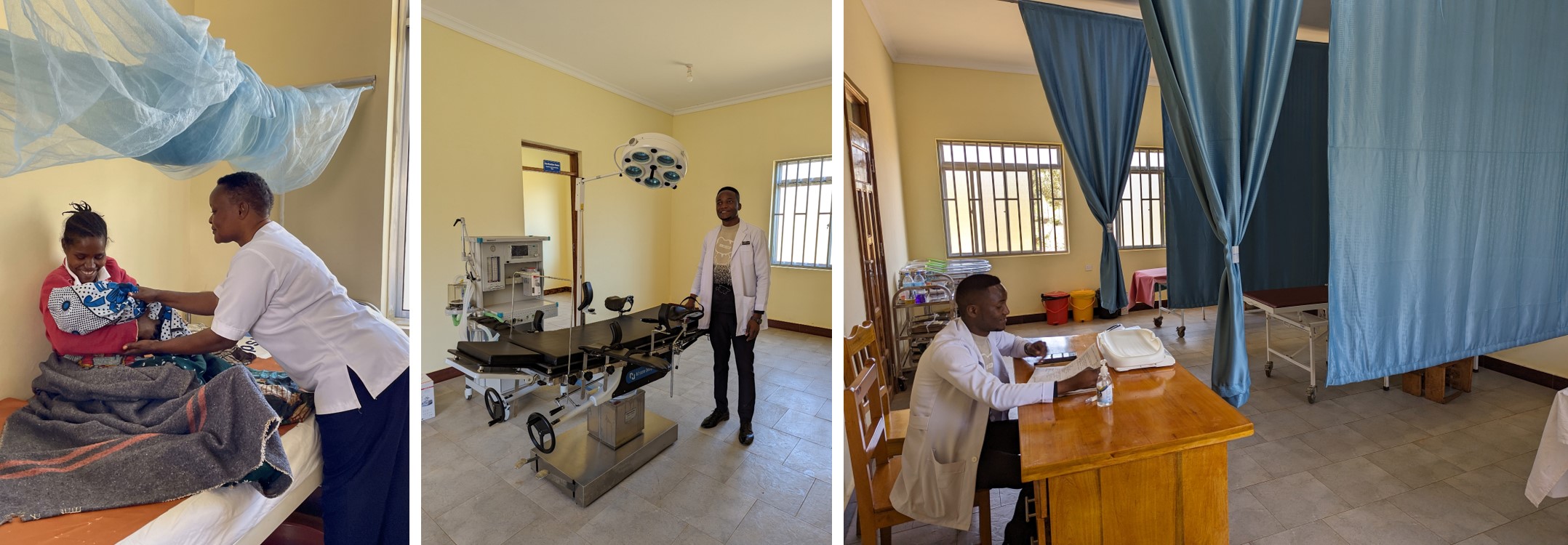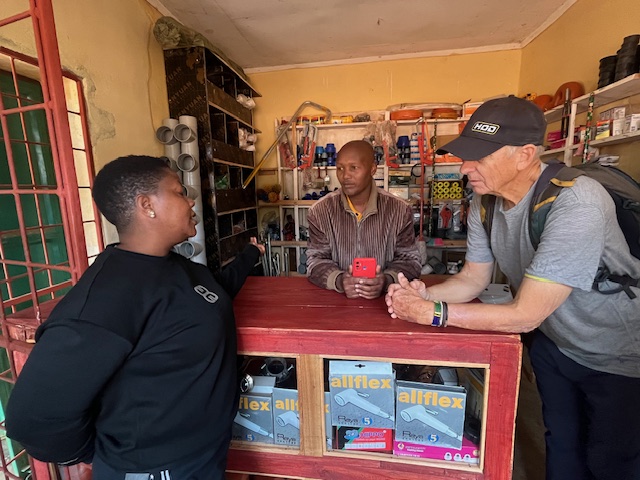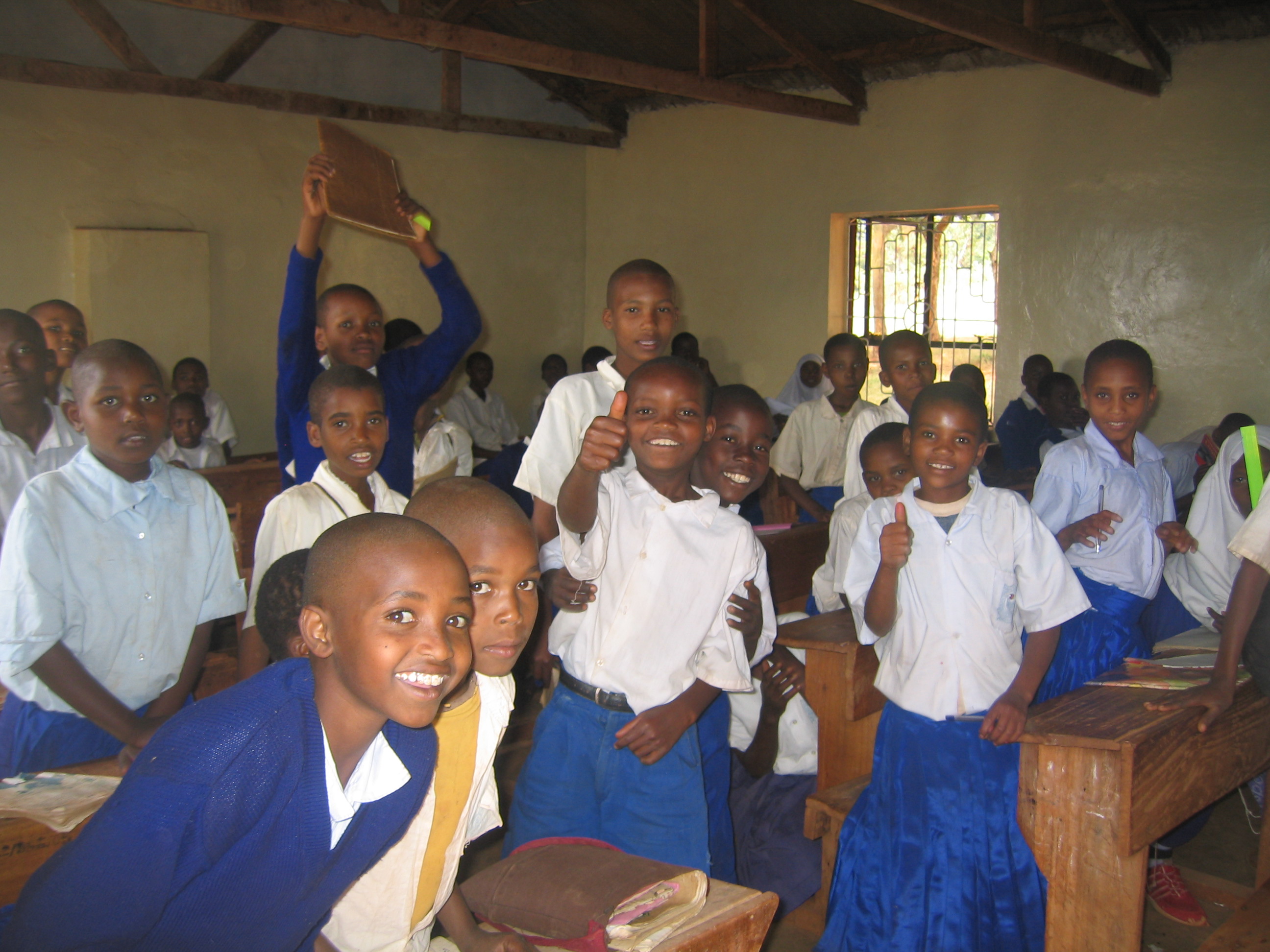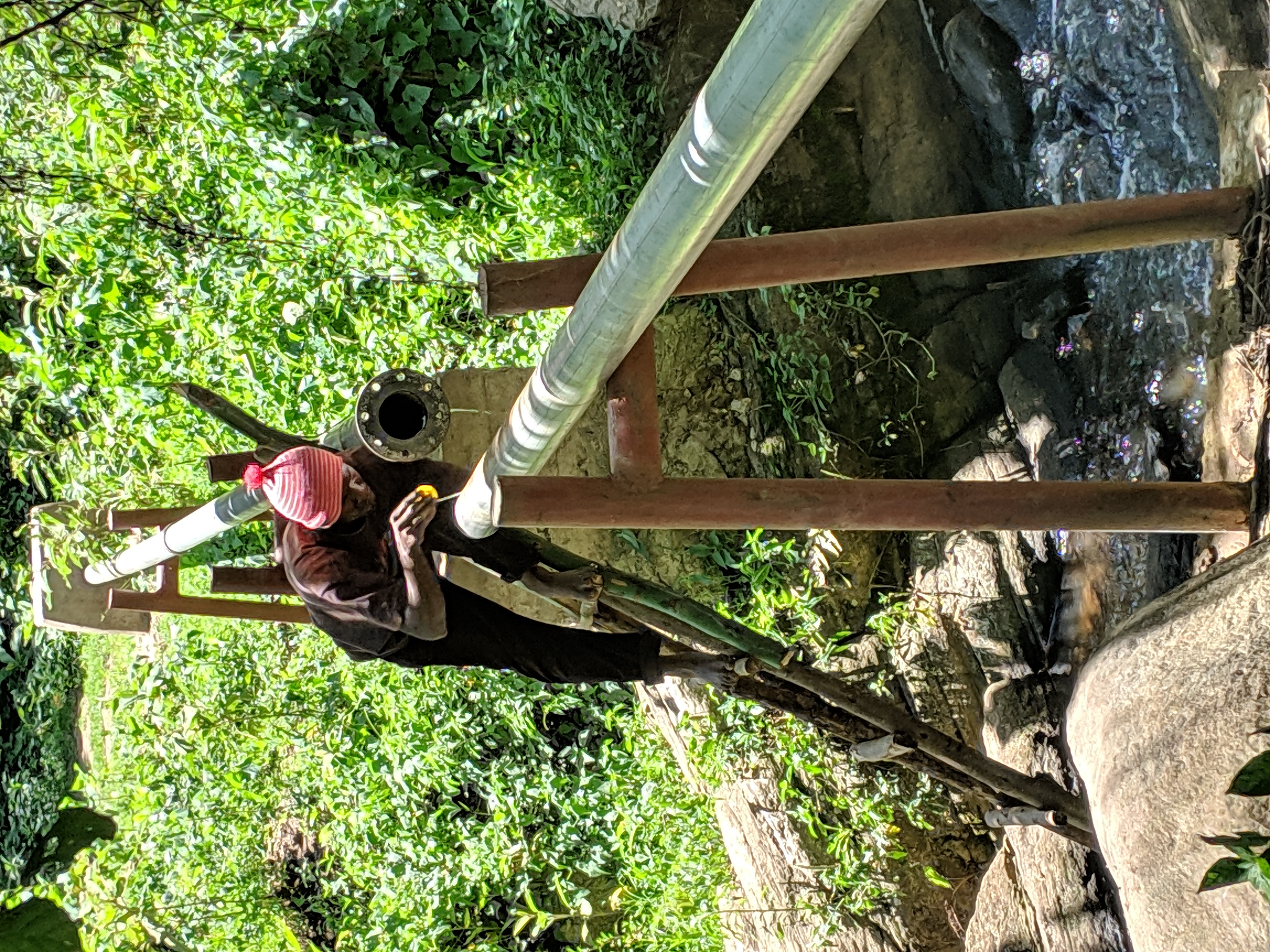Why Karimu?
I am not a philanthropist.
Philanthropy suggests donating large sums of money to people and/or organizations to help make the world a better place. I have had enough good fortune in my life to make modest contributions to organizations I support and trust. But I wouldn’t be so immodest to call it philanthropy.
The challenge I and many other modest donors face is finding ways to put our donations to work that have real, measurable and lasting benefits. I believe I have found that place in Karimu International Help Foundation.
During the summer of 2024, I joined my daughter and granddaughter on a volunteer trip to the area of Tanzania where Karimu operates. I had known about Karimu for a number of years. My daughter got to know founders Don and Marianne Kent-Stoll and visited Tanzania during the very early days of Karimu. My wife and I had made a few small donations over the years but I really did not know much about its organization, goals and successes.
What I discovered on the trip was an organization that has deployed its modest resources in ways that have profoundly changed the health and welfare of an entire region of Tanzania. Karimu’s mission is to eradicate poverty, which I took to be a well-meaning bit of hyperbole. I was wrong. Karimu can rightly claim to have helped the Ayalagaya Ward of Tanzania lift itself out of extreme poverty.
Karimu’s successes were evident everywhere we went, from new hospitals and medical clinics, new schools, new bathrooms for students, new school kitchens, thriving small businesses, multiple projects to help farmers increase their income and small savings groups that give families help when it's needed.


Since its founding in 2008, Karimu has raised and spent about $5 million in the Ayalagaya Ward, an area of some 20 square miles and home to some 2,400 households. It recently expanded its work to the adjoining Arri Ward, about twice the size geographically and with 3,300 households.
Prior to Karimu’s engagement, most of the homes in Ayalagaya were made of sticks and mud with grass roofs that leaked and washed away during heavy rains. Children spent an average of four hours every day gathering water from heavily polluted streams and many did not go to school. The principal economy was subsistence farming that was unreliable. Thus hunger was an ever present threat. Medical care was sporadic at best. Schools in the region were ranked among the lowest in the country.
Today, because of Karimu’s efforts:
· The majority of homes in Ayalagaya are made of brick with metal roofs;
· The entire population of Ayalagaya and Arri Wards (40,000 people) have access to clean water; no home is more than 500 meters from a source of that water;
· The availability of water has given children an average of 4 hours every day for study and school;
· Ninety percent of Ayalgaya’s first graders will reach high school, compared to just 10 percent in 2015.
· Eighty percent of the woman in region receive routine prenatal care;
· Ninety percent of the area’s children receive vaccinations;
· Tanzanians who participated in Karimu’s entrepreneur training doubled their incomes.
The metrics are numerous and profound.
Karimu’s goal of eliminating poverty is achievable because of its comprehensive approach. Rather than addressing a single source of poverty, Karimu attacks them all. It focuses on improving sanitation, health, education, income development and financial services. And it does so after extensive research and conversations with the communities in which it operates.
Karimu’s origin story provides a glimpse of the organization's model of success. In 2007, Don and Marianne visited Tanzania as tourists, albeit tourists who wanted to see a rural area far from the country’s safari-focused tourist areas. While there, they were made aware that one of the area’s elementary schools was in danger of being closed because its bathroom was in such poor condition.
How much money would it take to bring the bathroom up to a standard that would keep the school open? they asked. Five hundred dollars was the answer. Five hundred dollars would mean 250 young students would not be denied an education.
As school teachers, Don and Marianne were not wealthy but figured they could come up with $500, which they did.

From that experience grew Karimu. In the 17 years since, Karimu has invested close to $6 million to lift Ayalagaya’s 15,000 residents out of extreme poverty. The simple math tells us the cost of eliminating poverty, when well spent, is just $400 per person.
And the impacts are long-lasting if not permanent. So many well-meaning NGOs raise and spend money on single-issue projects. They build a school or a health clinic and then move on to another project. Their projects then fall into disrepair and are left without sustainable support. It is a model that is too familiar and yet too prevalent among well-meaning charitable organizations.
All of the projects Karimu undertakes, whether building schools, hospitals, sanitary facilities or water systems are first discussed with the communities to ensure they are wanted and will be cared for. Everything Karimu does is designed to be lasting and sustainable long after the organization is gone.

The project is inspected regularly |
When Karimu completes an infrastructure project, it is turned over to a government agency or community-based organization. But that agency or organization must first agree to a number of conditions, most importantly to maintain the facilities in good condition. |
Karimu also is extraordinarily efficient with its use of donated dollars. An estimated 97 percent of the money it receives goes directly into the programs and services it provides. Its impressive U.S.-based leadership is entirely volunteer. And its exceptional Tanzanian staff works hard and is committed to the organization’s mission.
During my trip this summer I heard an amazing story of how the water project was completed. Leadership used Google Maps to plot the routes for the 80 miles of underground pipes along historical walking paths. All of the trenches were dug by hand using volunteers. On the day the project was launched, more than 1,500 community members turned out to help.
If you‘re like me, and want to make sure your charitable dollars are well spent in meaningful ways, I recommend you investigate Karimu. If skeptical, do what I did and join one of the group’s volunteer trips to Tanzania and see for yourself the astonishing good that can come from the modest gifts of would-be philanthropists.


